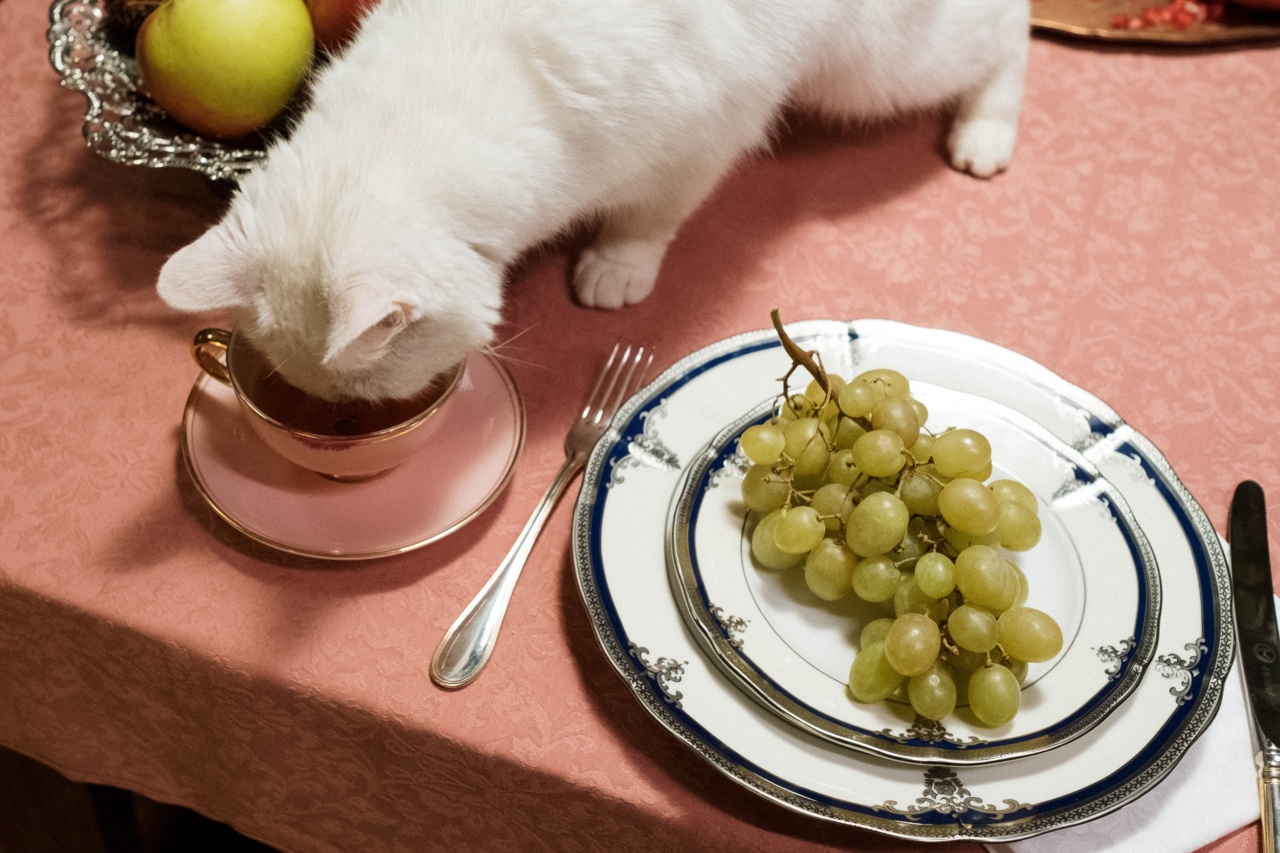When it comes to feeding your beloved kitty, having the right essentials for their plate is crucial. Providing a well-balanced diet is vital for their overall health and well-being.
In this article, we will discuss the important things your kitty plate needs to ensure they receive the nutrients they require.
1. High-Quality Cat Food
The foundation of your kitty’s plate is high-quality cat food. Cats are obligate carnivores, which means their bodies rely heavily on nutrients found in animal tissue.
Look for cat foods that list real meat as the primary ingredient, such as chicken or fish. Avoid foods that contain fillers, artificial additives, or excessive amounts of grains.
2. Protein-Rich Diet
Cats require a protein-rich diet to maintain their lean muscle mass and repair body tissues. Aim for cat foods that contain at least 25-30% protein. Proteins can come from various sources, including meat, poultry, and fish.
Depending on your cat’s specific needs, you can choose between wet or dry cat food options.
3. Essential Vitamins and Minerals
In addition to protein, your kitty’s plate must include essential vitamins and minerals. These nutrients support various bodily functions, including a healthy immune system, proper digestion, and strong bones.
Look for cat foods that are fortified with vitamins A, C, and E, as well as minerals like calcium, phosphorus, and magnesium.
4. Taurine for Heart Health
Taurine is an essential amino acid for cats that plays a crucial role in maintaining heart health and vision. Unlike dogs and humans, cats cannot produce enough taurine on their own and thus require it in their diet.
Ensure that your kitty’s plate includes sufficient amounts of taurine, either through cat food or as a supplement.
5. Healthy Fats
While cats need a protein-rich diet, they also require healthy fats to support their energy levels and maintain a healthy coat and skin.
Look for cat foods that contain omega-3 and omega-6 fatty acids, which can be derived from fish oil or other plant-based sources.
6. Hydration Options
Providing adequate hydration is crucial for maintaining your cat’s overall health. Cats can be finicky about drinking water, so it’s important to offer different sources of hydration.
Consider adding a water fountain to your home or provide wet cat food, which contains more moisture than dry kibble.
7. Grain-Free Options
While some cats tolerate grains well, others may experience digestive issues or allergies. Consider opting for grain-free cat food options if your furry friend shows signs of sensitivity or if you prefer to eliminate grains from their diet.
This can help ensure optimal digestion and reduce the risk of any adverse reactions.
8. Age-Specific Formulations
As your kitty ages, their nutritional needs may change. Kittens require a diet that promotes healthy growth and development, while senior cats may require a diet that supports joint health and overall wellbeing.
Consider switching to age-specific cat food formulations to cater to their changing nutritional requirements.
9. Portion Control
Portion control is vital to prevent weight gain and obesity in cats. Follow the feeding guidelines provided by the cat food manufacturer, but also consider your cat’s activity level, metabolism, and individual needs.
Split their daily food intake into several small meals throughout the day to prevent overeating and maintain a healthy weight.
10. Regular Food and Bowl Cleaning
Lastly, don’t forget to regularly clean your kitty’s food bowl to prevent any bacterial growth or contamination. Cats have sensitive noses and may be deterred from eating if their food bowls are dirty.
Wash food bowls with mild soap and water after each meal to ensure a fresh and clean dining experience for your beloved feline.





























